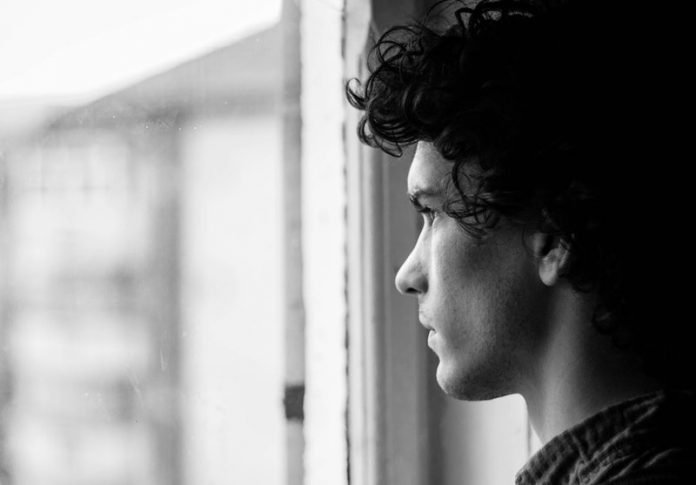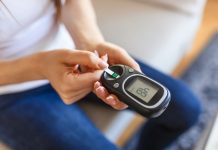
In a recent study from the University of Toronto, researchers found that men who experienced a family member’s incarceration are 64% more likely to have diabetes in later adulthood, compared to those who were not exposed to this childhood adversity.
The findings mirror previous results that the incarceration of a family member during childhood was also associated with a much higher risk of heart attacks in men, but not women.
The study is published in SAGE-Open Medicine. One author is Bradley White.
Family member incarceration during childhood is an under-examined yet increasingly common childhood experience in the United States.
One in every 17 respondents aged 40-64 had experienced a family member incarcerated, compared to one in every 63 respondents aged 80 and older.
The vast majority of U.S. prison inmates are men, most of whom are fathers to children under 18.
Previous studies have found that the incarceration of a parent plays havoc with the stability of housing, employment, and parental marital relationships.
It has also been linked to psychosocial maladjustment and mental disorders in children and often leads to considerable social and familial stigma.
But less attention has been paid to the long-term physical health outcomes of the children as they grow up
In the study, the team looked at a large representative sample of adults over the age of 40 across five US States.
They found in the men who were exposed to this childhood trauma, 7.9% had diabetes.
Of the men who had not experienced the incarceration of a family member as a child, only 4.8% had the disease. The difference was much less for women (5.4% vs. 4.5%).
The team says men may be more vulnerable biologically to early adversities than women and experience stress-related testosterone suppression, which is linked to insulin resistance.
In addition, incarceration also frequently interferes with fathers’ contact with children, which may particularly impact their sons’ abilities to cope with stress.
Boys and men are also less likely than girls and women to seek psychosocial support in response to adverse events.
Copyright © 2021 Knowridge Science Report. All rights reserved.



